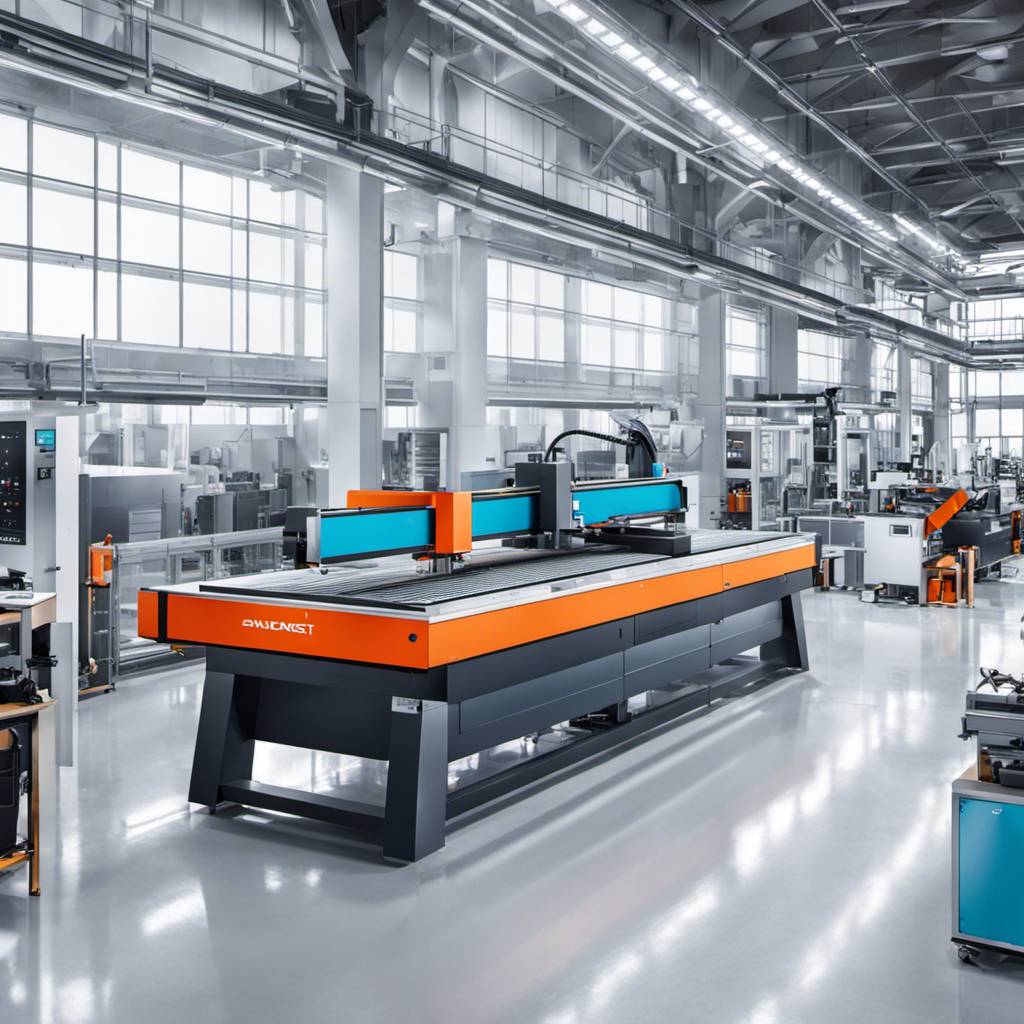In a concerted effort to bridge the manufacturing skills gap, Hawkeye Community College is taking significant steps towards equipping students with the necessary skills required by the industry. The college’s senior director of community education and workforce solutions, Srdjan Golub, acknowledged that there is a mismatch between the skills currently available in the workforce and those required by businesses. “The workforce is a pain point,” Golub noted, “we need more people with the right skills.”
In response to this demand, Hawkeye Community College has invested in state-of-the-art equipment for industrial maintenance, automation, and robotics. This move is set to provide students with hands-on experience in electronics, computers, wiring, pneumatics, and programmable logic controller – essential skills for working in manufacturing facilities such as John Deere, GMT Manufacturing, and JDs Company.
“The equipment is not just for theoretical learning; it also provides practical experiences related to wiring and hooking up electrical, pneumatics, and programmable logic controller,” said Grunklee. “These are vital skills necessary to excel in a manufacturing facility.”
One significant advantage of this initiative is the provision of short-term training and stackable credentials, which previously might not have been easily accessible. Moreover, the programming sets students on a trajectory for higher degrees. Grunklee further explained, “They’ll be able to seamlessly flow into the industrial automation technology associate’s degree. And they’ll be able to do it all in one place, without having to shuttle between our main campus and Cedar Falls.”
The expectation is that this initiative will help fill the skills gap. “If 250 high school kids come through here, that’s 1,000 every four years. But even if 10% of these students get into the field, that will be huge,” Golub added.
Among the plethora of technology and equipment available in the space is the FANUC robotic manufacturing line – a prized possession that gives students the opportunity to train in laser etching, assembly, and packaging, among other skills. This is not a simulation. It is an authentic replication of what one would encounter in the industry.
Golub emphasized, “This is what you would see in the industry if you actually went to Viking Pump or John Deere – that is, on a smaller scale, what they would have on their shop floor making parts.”
In conclusion, Hawkeye Community College is taking a proactive approach to address the manufacturing skills gap. By investing in state-of-the-art equipment and offering practical training in electronics, computers, and programming languages, the college is preparing its students for a successful career in the manufacturing industry. This initiative not only benefits the students but also the industry at large, which is in dire need of skilled workers. The future of manufacturing looks promising with such initiatives taking center stage.
